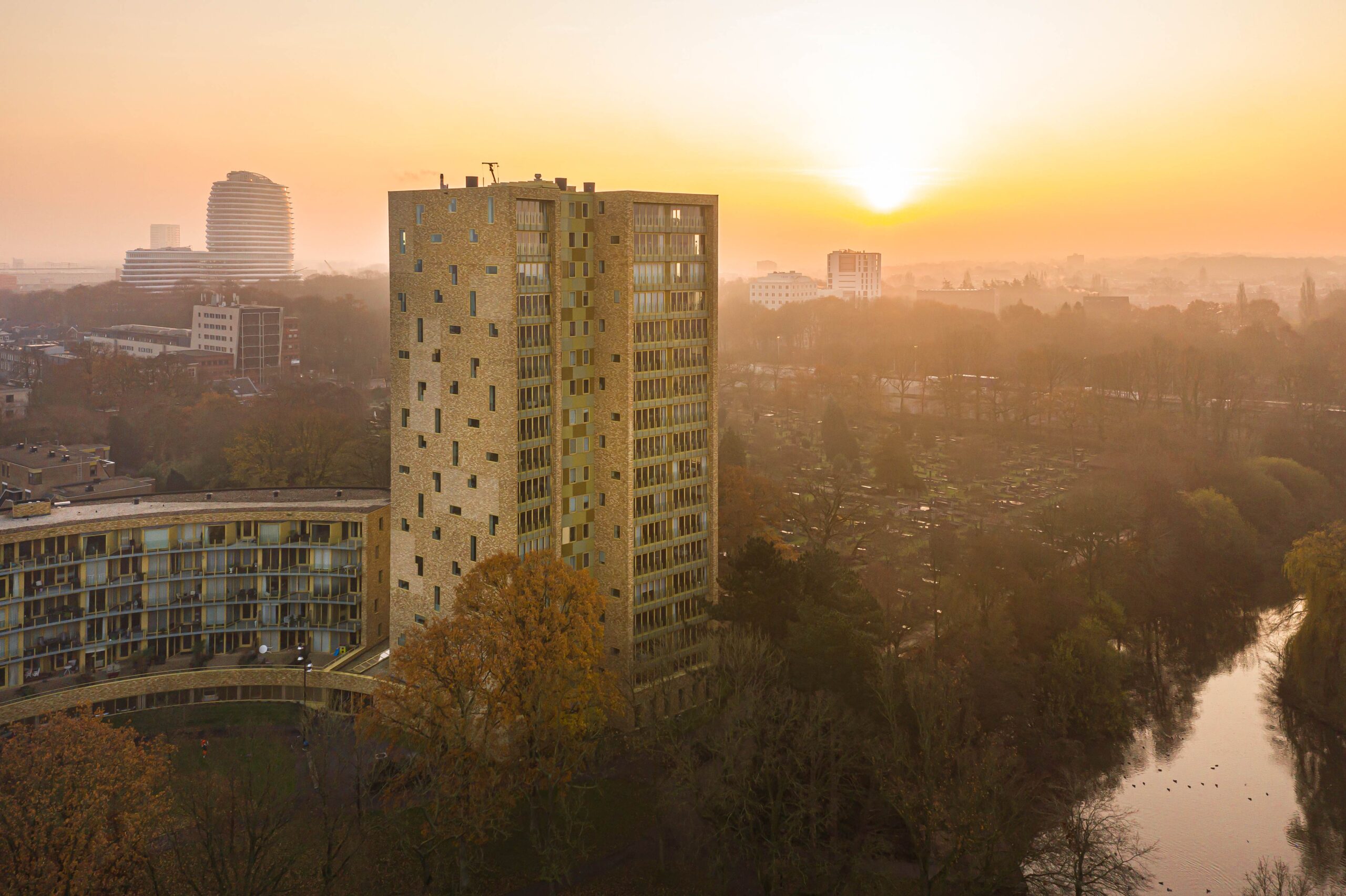Figures from CBS
Recently, the Central Bureau of Statistics (CBS) published figures on the number of households in the Netherlands experiencing moisture and/or mold problems within their homes in 2024. For this survey – conducted by WoonOnderzoek Nederland (WoON) – over 41,000 people were asked about their wishes regarding their home and living environment, and the choices they make on the housing market. This survey is an important pillar of the government’s housing policy.
Part of the survey was to identify problems with moisture and/or mold in the home. This survey focused on both owner-occupied and rental properties. The survey showed that one in five (20%) households were bothered by this. This is an increase of over 30% compared to 2021, when it affected “only” 15% of households.
The Rent Tribunal also sees this increase reflected in its figures. In 2024 it had over 5,800 disputes about (maintenance) defects – an increase of almost 30% compared to 2023. A striking trend here, according to chairman Pieter Heerema of the Rent Tribunal, is the increase in cases involving mold, leaks and drafts. Of all reported defects reported to the Rent Tribunal, almost one in three cases is about mold in the house.
Causes
Although moisture and/or mold problems tend to arise from a variety of factors, the WoON survey reveals a number of issues that play an important role in this regard:
– A first factor is extremely wet weather. In fact, according to the KNMI, 2023 was the wettest year ever recorded in the Netherlands. The heavy precipitation leads to high humidity, which can lead to moisture problems indoors. If this air is not removed, mold can develop.
– The increase in energy prices also plays an important role. With rising costs, people turn on the heating less often. Also, windows are opened less often to keep heat in, which in turn comes at the expense of ventilation.
– Finally, home preservation is also an important factor in mold. One problem that can arise is that, by improving wall insulation, for example, moisture between the walls cannot escape. Another problem is that – because the heat stays inside better – people open windows less to ventilate, again limiting circulation.
Consequences
The effects of mold in the home should not be underestimated. It is not necessarily the cause of health problems, but it can worsen existing symptoms – such as asthma and other respiratory complaints. There is also the possibility of sore throats, sneezing and coughing, stuffy nose, wheezing and tightness in the chest. It is important to know that fungal problems do not disappear on their own; as long as the cause is not addressed, the problem will continue to recur.
What can you do yourself?
Start with proper ventilation. Open windows regularly and make sure ventilation systems are working properly. While cooking and showering, it is essential to have adequate ventilation, such as through an open window or a working exhaust system. In addition, it is important not to let the house cool down too much at night; preferably keep the temperature above 15⁰C.
What can we as the Rent Support Centre do?
Do you suffer from moisture and/or mold problems in your rental property? Then we may be able to help you. For tenants with a social or middle rental property, the possibilities are broader than for tenants in the free sector, because the latter are not automatically susceptible to a procedure before the Rent Commission. Are you in doubt about the segment in which you rent? Feel free to send us a message and we will look into it with you.
Before we can act, it is important that the problem is not caused by your own actions, think of the situation that you always keep all windows closed and do not ventilate the house. Do you ventilate well, but is there a structural or technical problem – such as a defective extractor in the bathroom without a window – then we can help you further.
In that case, we will visit you to take stock of the situation. We then approach the landlord with the request to solve the problem as well as offering compensation in the form of a rent reduction. If the landlord is unwilling to resolve the defect, the way to the Rent Commission is open. What the Rent Tribunal can do, you will read below.
What can the Rent Tribunal do?
Before the Rent Tribunal considers a complaint, you must first inform the landlord of the defect yourself. In doing so, he must be given at least six weeks to resolve the defect. If he does not respond or refuses to solve the problem, only then can the Rent Tribunal intervene. The Rent Tribunal often considers mold to be a “serious defect. In that case, the Rent Tribunal can decide on a temporary rent reduction. This may result in the Rent Tribunal temporarily lowering the rent. If the case is started within six months of the landlord being notified, the rent reduction usually takes effect on the first day of the month after the defects were reported. The Rent Tribunal’s ruling is binding, which means the landlord is obliged to abide by it.
We can assist you in this procedure. Do you have questions about this topic? Do not hesitate to contact us. Just fill out the contact form and feel free to ask us. Or just come in during our walk-in office hours on Wednesdays from 1:00 to 3:00 pm. We are happy to help. The coffee is ready.



